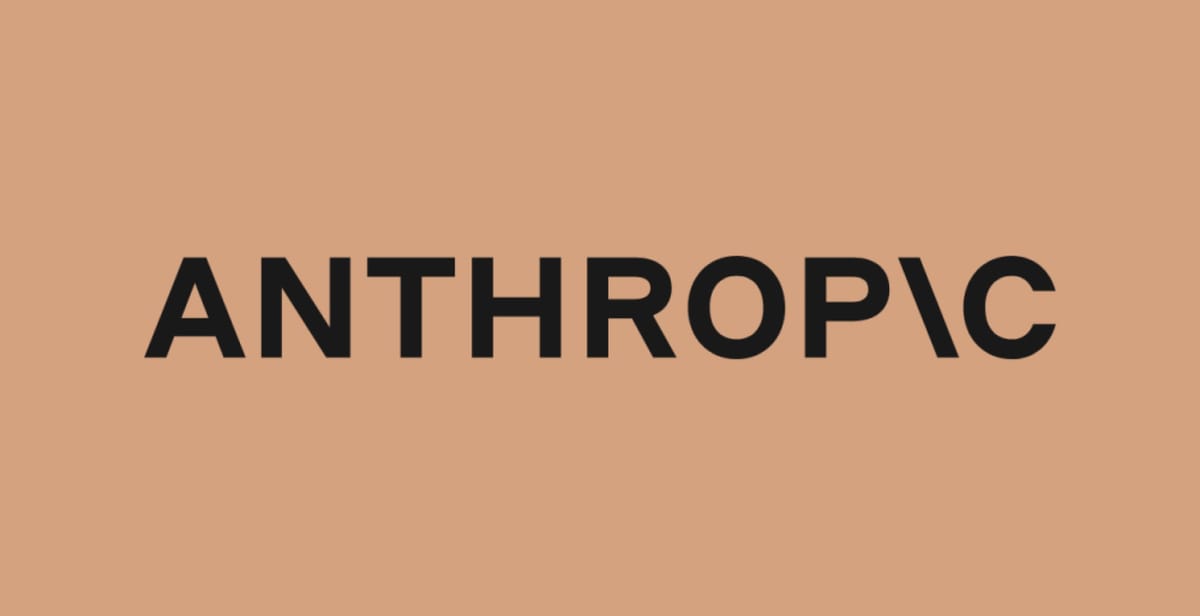Just days after Anthropic announced it would pay $1.5 billion to settle claims it pirated nearly half a million books to train Claude, the deal is already in jeopardy. Judge William Alsup spent Monday's hearing lambasting the proposed settlement, telling lawyers he'd "see if I can hold my nose and approve it" when they reconvene September 25.
Key Points:
- Judge worried about authors "getting the shaft" in claims process, demands better notification system
- Settlement covers ~465,000 pirated books at $3,000 each—the largest copyright payout in US history
- Publishing groups frustrated with judge's stance, warning of "unworkable" claims process
Alsup said he felt "misled" and needs to see more information about the claim process for class members. His main beef? The settlement leaves too many critical questions unanswered—like exactly which books are covered, how authors will be notified, and what the claims process will actually look like.
"I have an uneasy feeling about all the hangers on in the shadows," Alsup said during the hearing, taking particular aim at the Authors Guild and Association of American Publishers. He's concerned these groups might pressure writers to accept the deal without fully understanding what they're signing up for.
The pushback caught everyone off guard. This settlement was supposed to be a watershed moment—the largest publicly reported copyright recovery in history, with authors and publishers getting roughly $3,000 for each of the 465,000 books Anthropic allegedly pirated from shadow libraries like Library Genesis and Pirate Library Mirror.
But Alsup isn't buying the victory lap just yet. He's demanding ironclad guarantees that Anthropic won't get blindsided by more lawsuits "coming out of the woodwork" and insists on seeing exactly how the money will flow to authors. The judge gave lawyers until September 15 to submit a final list of pirated works and until September 22 for a claims form he'll actually approve.
The whole dispute stems from Alsup's mixed ruling back in June. While he found that training AI on copyrighted books counts as fair use—a huge win for AI companies—he also ruled Anthropic could be liable for downloading millions of books from pirate sites. That's what this settlement is supposed to resolve, averting a December trial that could've been even costlier for the AI company.
Maria Pallante, CEO of the Association of American Publishers, didn't mince words after the hearing. She said Alsup "demonstrated a lack of understanding of how the publishing industry works" and warned his approach could create years of litigation between authors and publishers—the very people who were harmed in the first place.
For Anthropic, which just announced a massive $13 billion funding round, the financial hit isn't the real problem. It's the uncertainty. If this settlement falls apart, they're back to square one facing a trial that could set precedents for every AI company scraping the internet for training data.
Authors' attorney Justin Nelson tried reassuring the judge that this high-profile case would naturally attract claims, telling him "This is not an under-the-radar warranty case." But Alsup remained unconvinced, warning he might just let the whole thing go to trial.
The irony here is thick. A settlement designed to give authors unprecedented compensation for AI training could collapse because a judge thinks it doesn't protect those same authors well enough. Meanwhile, the clock's ticking toward that December trial date, and both sides are scrambling to salvage what was supposed to be a done deal.

